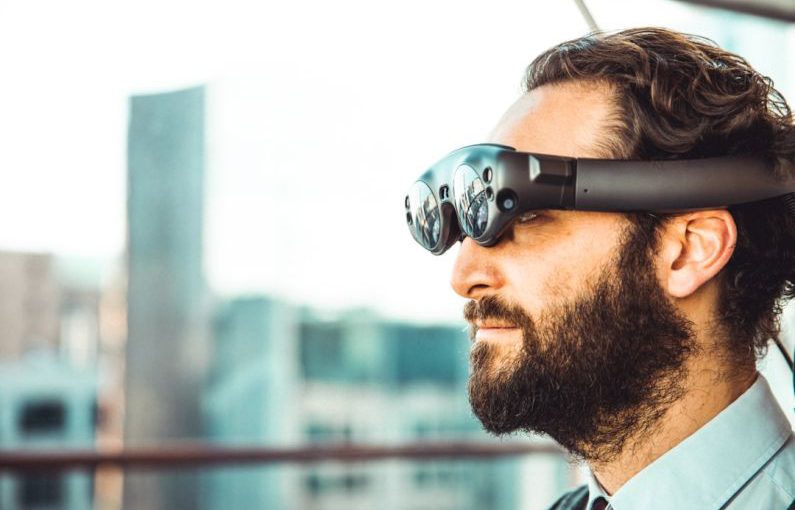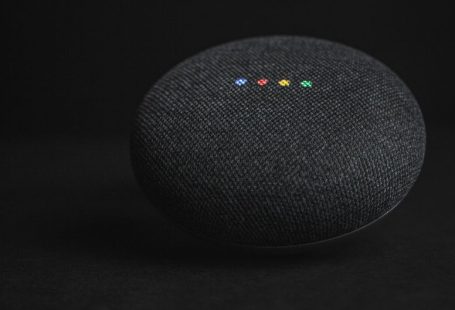In today’s digital age, technology continues to revolutionize various sectors, enhancing the way we interact with products and services. Augmented Reality (AR) is a cutting-edge technology that overlays digital information onto the physical world, creating immersive and interactive experiences. Two sectors that have embraced AR and are reaping its benefits are retail and education.
**Augmented Reality in Retail**
Retailers are constantly seeking innovative ways to enhance the shopping experience for customers and drive sales. Augmented Reality has emerged as a game-changer in the retail industry, offering unique opportunities to engage with consumers in new and exciting ways.
*Enhanced Shopping Experience*
One of the key benefits of AR in retail is its ability to provide customers with an enhanced shopping experience. By using AR applications on their smartphones or AR-enabled devices, shoppers can visualize products in their real-world environment before making a purchase. This technology allows consumers to see how furniture fits in their living room, how clothing looks on them, or how makeup products appear on their skin, providing a more personalized and immersive shopping experience.
*Virtual Try-Ons*
AR technology has revolutionized the way customers try on products, particularly in the fashion and beauty industries. Virtual try-on applications allow users to virtually try on clothing, accessories, and makeup products, eliminating the need to physically visit a store or try on multiple items. This not only saves time but also helps customers make more informed purchasing decisions.
*Interactive Product Demonstrations*
AR technology enables retailers to create interactive product demonstrations that showcase the features and functionalities of their products in a dynamic and engaging manner. By scanning a product with an AR app, customers can access detailed information, watch videos, and even interact with virtual 3D models, enhancing their understanding of the product and increasing the likelihood of a purchase.
**Augmented Reality in Education**
In the field of education, Augmented Reality is transforming traditional teaching methods and revolutionizing the way students learn and engage with educational content. By integrating AR technology into the classroom, educators can create immersive and interactive learning experiences that captivate students’ attention and enhance their understanding of complex concepts.
*Visualizing Concepts*
AR technology allows students to visualize abstract concepts and complex information in a more tangible and interactive way. By overlaying digital content onto physical objects or environments, educators can provide students with visual aids that enhance their comprehension and retention of information. For example, students studying anatomy can use AR apps to explore 3D models of the human body, enabling them to see internal organs and structures in a realistic and interactive manner.
*Interactive Learning Experiences*
Augmented Reality enhances the learning experience by making it more interactive and engaging. Students can participate in virtual simulations, conduct experiments in a virtual lab, or explore historical events through immersive AR experiences. This hands-on approach to learning fosters student engagement and encourages active participation, leading to improved academic performance and knowledge retention.
*Personalized Learning*
AR technology enables educators to create personalized learning experiences that cater to the individual needs and learning styles of students. By offering interactive quizzes, games, and simulations through AR apps, teachers can tailor educational content to suit each student’s pace and preferences, making learning more enjoyable and effective.
**In Conclusion**
Augmented Reality is revolutionizing the retail and education sectors by offering innovative solutions that enhance customer experiences and transform traditional teaching methods. As AR technology continues to evolve, we can expect to see further integration of AR applications in various industries, unlocking new possibilities for immersive and interactive experiences. Retailers and educators who embrace AR stand to benefit from increased engagement, improved learning outcomes, and a competitive edge in their respective fields. Augmented Reality is not just a trend; it is a transformative technology that has the potential to reshape the way we shop, learn, and interact with the world around us.





